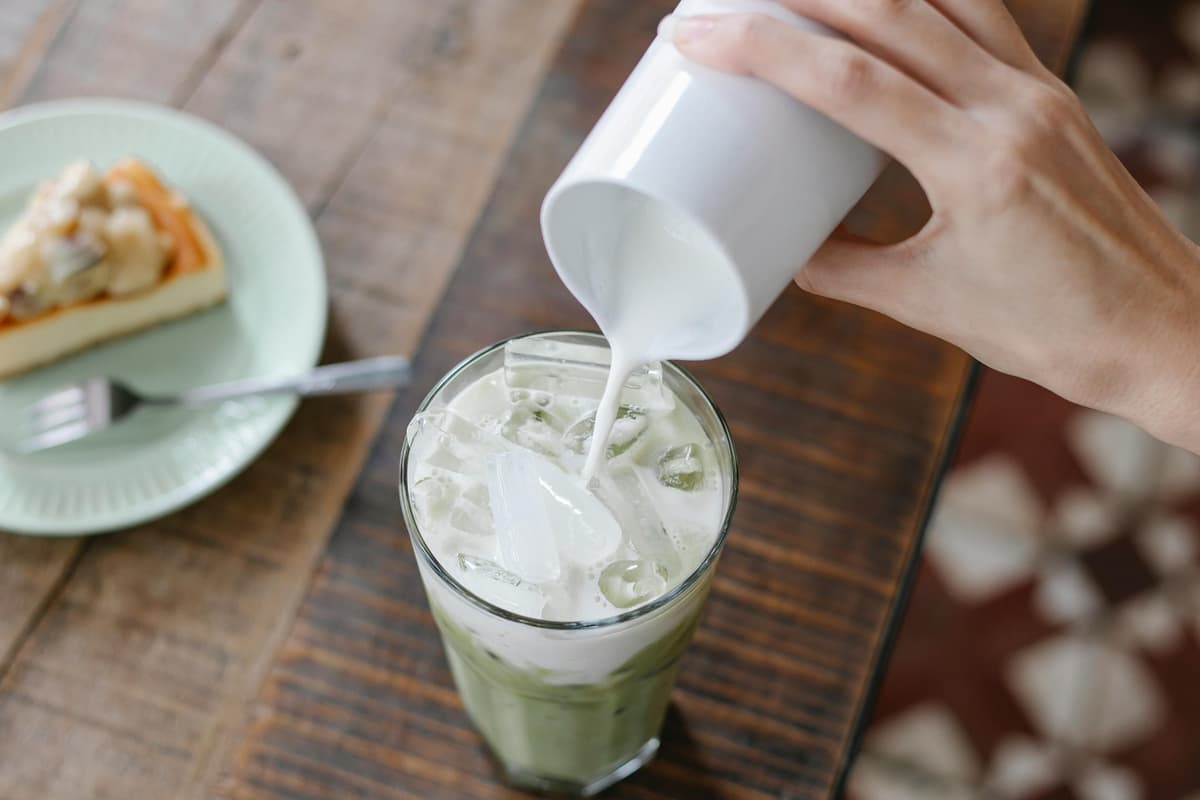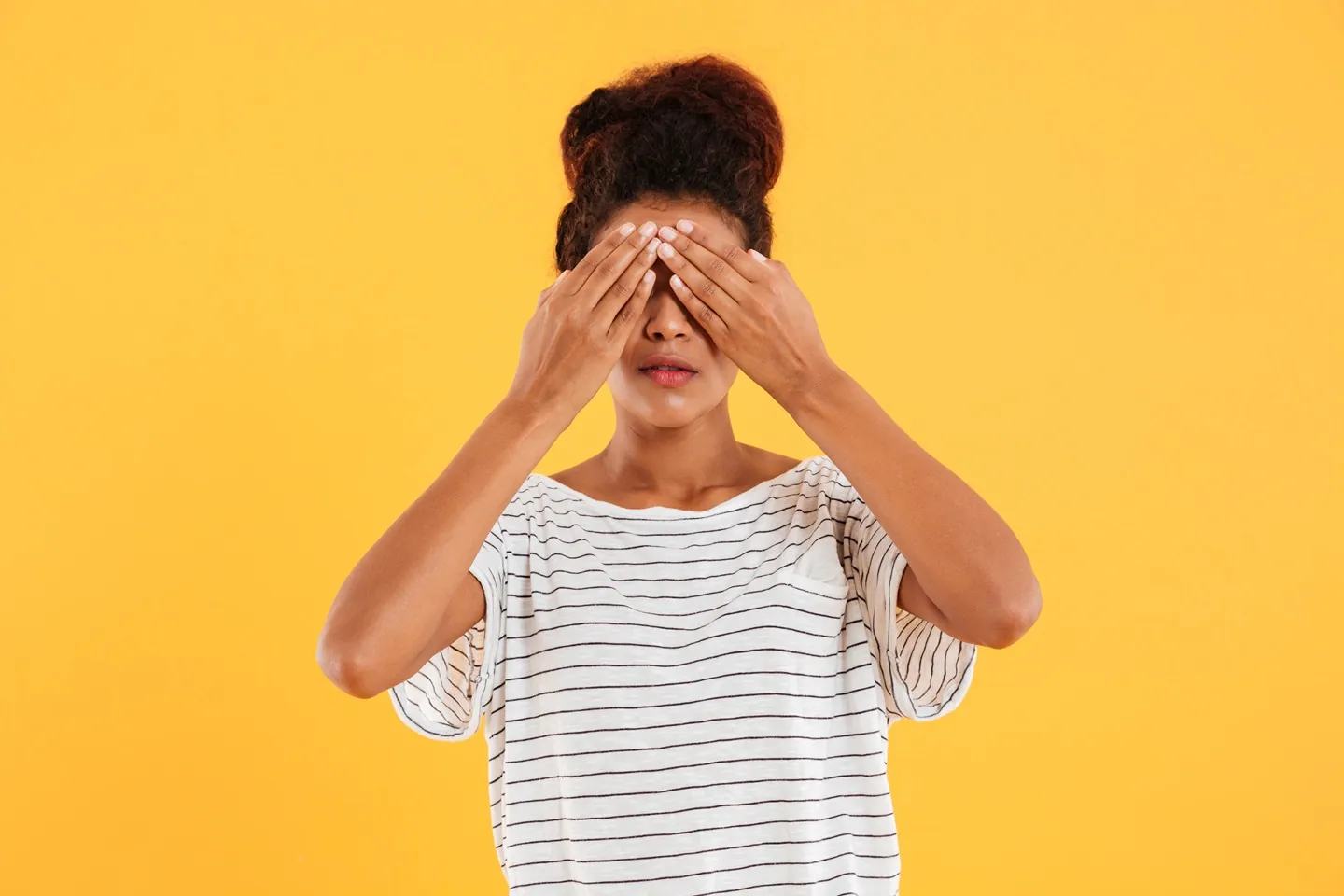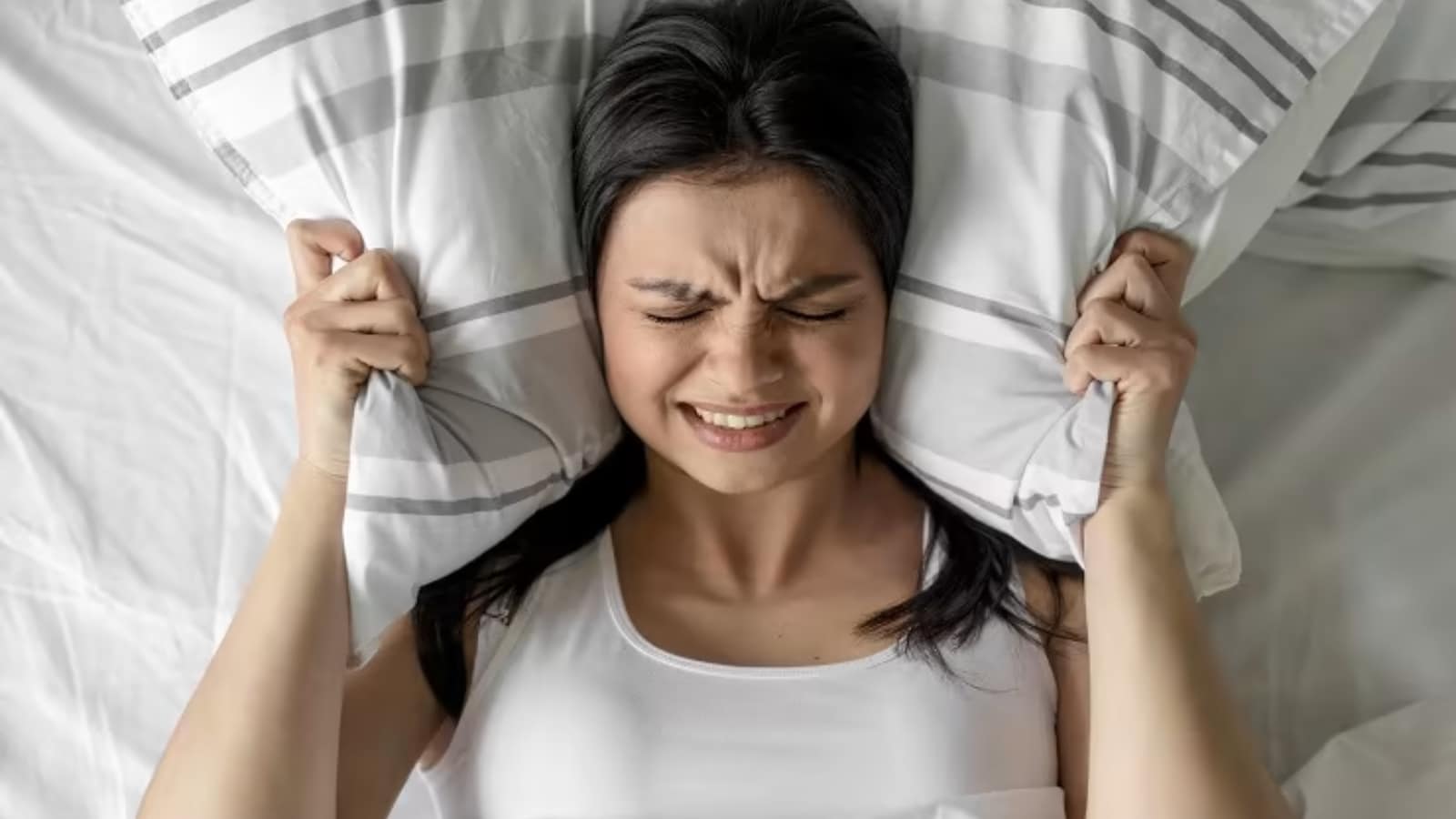Do matcha drinkers need iron supplements? Nutritionist answers the most common questions about iron deficiency
By Sarah McCann
Copyright newsletter

Matcha is a popular green tea that has taken off in coffee shops across the UK.Thought of as a healthier alternative to coffee, concern has been growing about a possible impact on your iron levels.Sally Loft, a nutrition specialist speaking on behalf of Nature’s Best, answers common questions on iron supplements.
Matcha is becoming a popular alternative to our morning coffee. However, concern has started to grow about the possible negative side effects of the drink and how it can impact your iron levels.
Research shows that certain drinks, including green tea, can impact the body’s ability to absorb iron, which can affect those who have low iron or an iron deficiency.
To help you understand if you could be at risk, Sally Loft, a nutrition specialist speaking on behalf of Nature’s Best, answers some of the most common questions about low iron.
What are the symptoms of an iron deficiency?
An iron deficiency is caused by a lack of iron, which is often due to blood loss, pregnancy, or an underlying health condition. Iron deficiency anaemia is the most common type. To check if you may have this, make an appointment with your GP, who can carry out blood tests to investigate your iron levels.
Some common signs that can suggest low iron levels, according to the NHS, include:
Tiredness and lack of energy despite enough rest Shortness of breath Heart palpitations Paler than usual skin Headaches
Do I need iron supplements when drinking matcha?
As matcha grows in popularity, concerns about its impact on your iron levels have risen. With so much information about iron deficiency and anaemia out there, it can be hard to know whether taking an iron supplement is necessary.
Research shows that certain drinks, including matcha, can impact the body’s ability to absorb iron, which can affect those who have low iron or who are at risk of an iron deficiency.
If you are already eating a balanced diet that is rich in iron, this can help meet your nutritional needs. However, if you have heavy periods, are going through pregnancy, have an underlying health condition, or follow a vegan or vegetarian diet, seek advice from a medical professional on whether you might need iron supplements.
Sally said: “It’s important to consider your lifestyle before reaching for iron supplements. Enjoying matcha in moderation as part of a balanced diet is unlikely to cause problems.
“But if you’re drinking large amounts, especially alongside a vegetarian or vegan diet or an existing condition, that’s where low iron levels could pose more of a concern.“
“Ultimately, it’s important you evaluate your diet and nutritional needs. Age, gender, lifestyle, and existing health conditions can all influence what vitamins and minerals you may need. If you’re unsure, always speak to a healthcare professional before starting supplementation, as taking it unnecessarily may lead to side effects.”
You can find out more about the symptoms of low iron and what support is available at NHS.UK.



